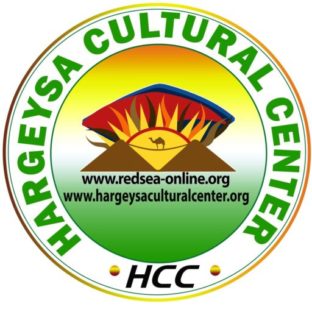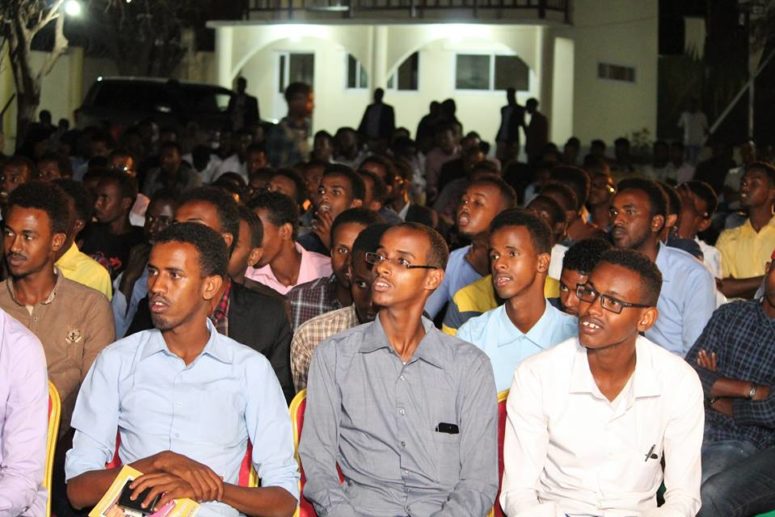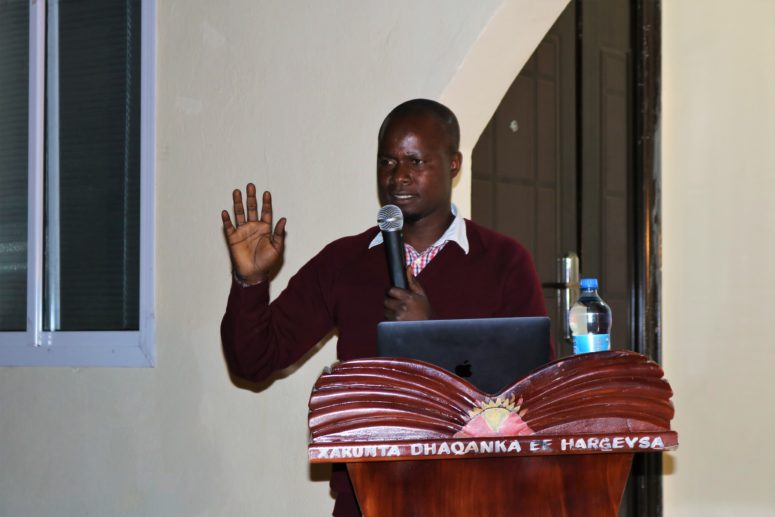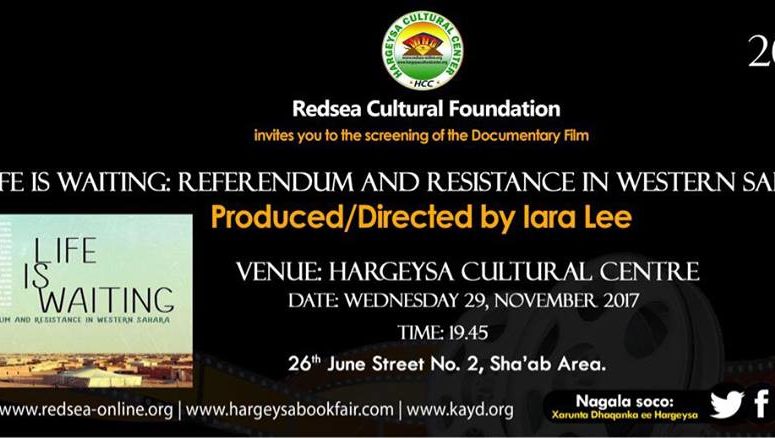Somaliland’s fishery sector and its development initiatives, exploring the various economic, social and epistemic networks
As the forum is centering Somaliland/Somalia based research with internationally acknowledged methodology and research practice, the three presentations we had resonated on Somaliland statehood and mechanisms for development that coincided with the election the state was on. The third presentation was by Miss Amanda Møller Rasmussen who has a background in Social Anthropology of Development (MA) from the School of Oriental and African Studies as well as in African Studies (MA) from the University of Copenhagen. She has been affiliated to the Centre of African Studies at Copenhagen University as a research assistant and project coordinator. Her research has mainly focused on Somaliland’s fishery sector and its development initiatives, exploring the various economic, social and epistemic networks that surround Somaliland’s fishery development on both a local and global level. During her presentation she stated that although fisheries in Somaliland have seldom caught the attention of scholars or international actors, the successful articulation of a linkage between “Somali piracy” and regional fisheries have led to more and more development attention, resources and technologies targeted at the Somaliland fishery industry. She argues that this has resulted in linking both local and global actors in an effort to securitize the region. Her presentation reflected more upon how these narratives are used to address issues of poverty and fishery development. At the same time, she investigates how these narratives have made the Somaliland fishery industry – a marginal and often unnoticed industry with little influence on the global community – into an arena from where different local and global actors are able to negotiate their interest, positions, and the allocation of development resources in a globalized world. In such a process establishing, appropriating, and re-establishing ideas about potential dangerous fishermen and the legitimacy of international development by linking up to local desires, global agendas, and the development epistemic communities that surrounds fishery development in Somaliland is mandatory was her point to take from the presentation. As always her presentation was also followed by supplementing perspectives and challenges that shadowed fishery which is an industry Somaliland has a wider opportunity for national development.



